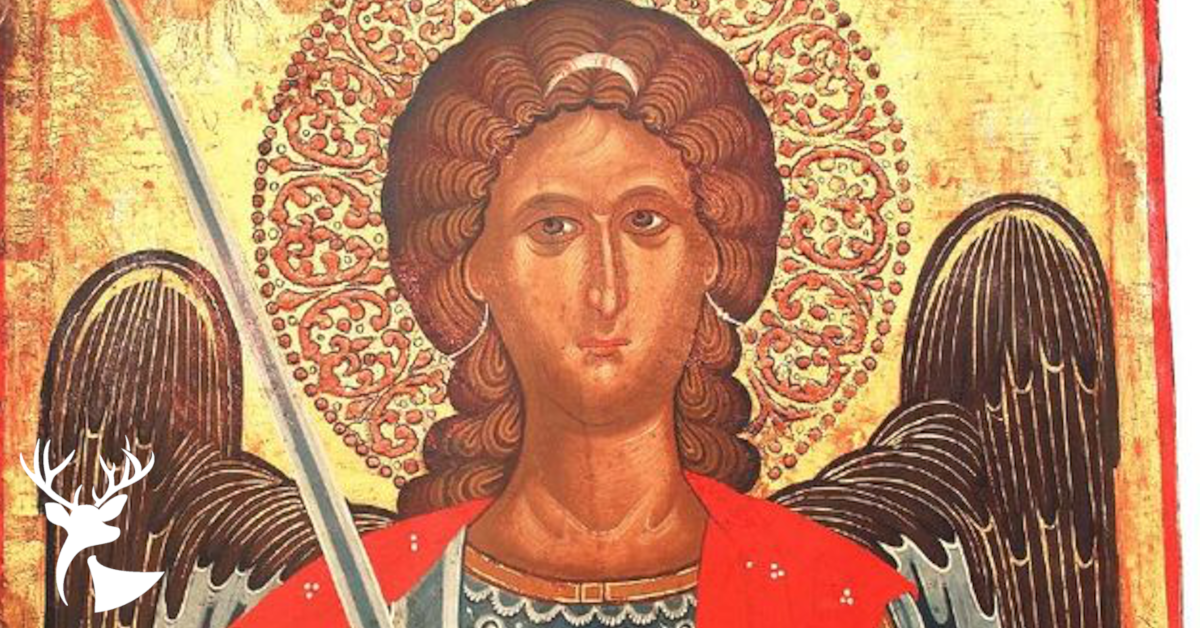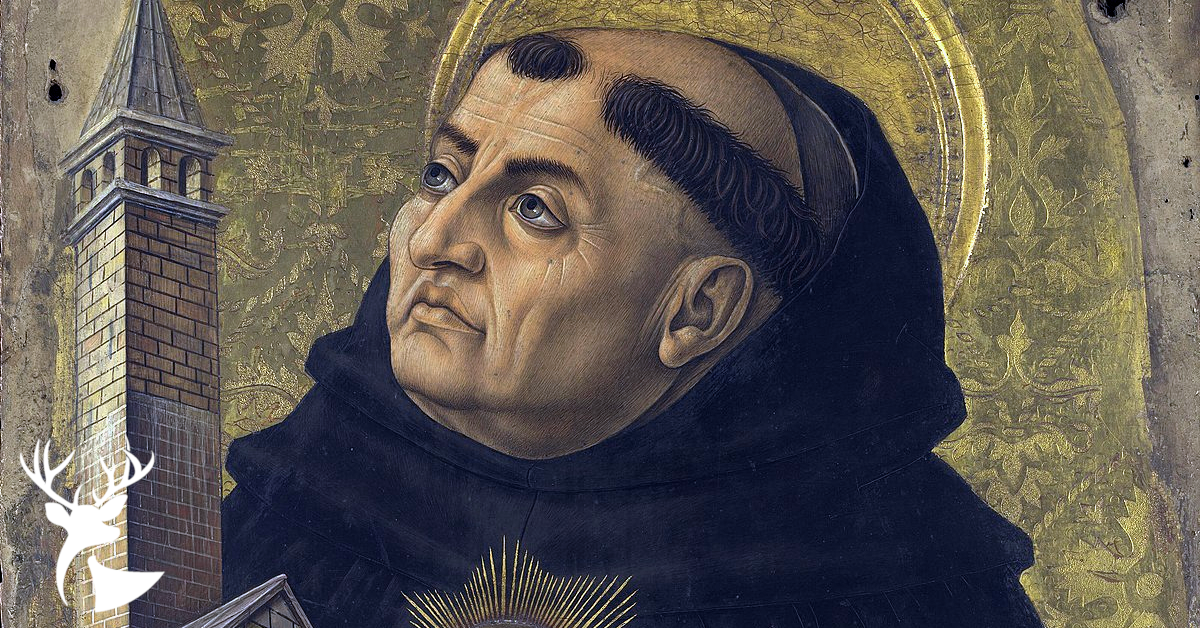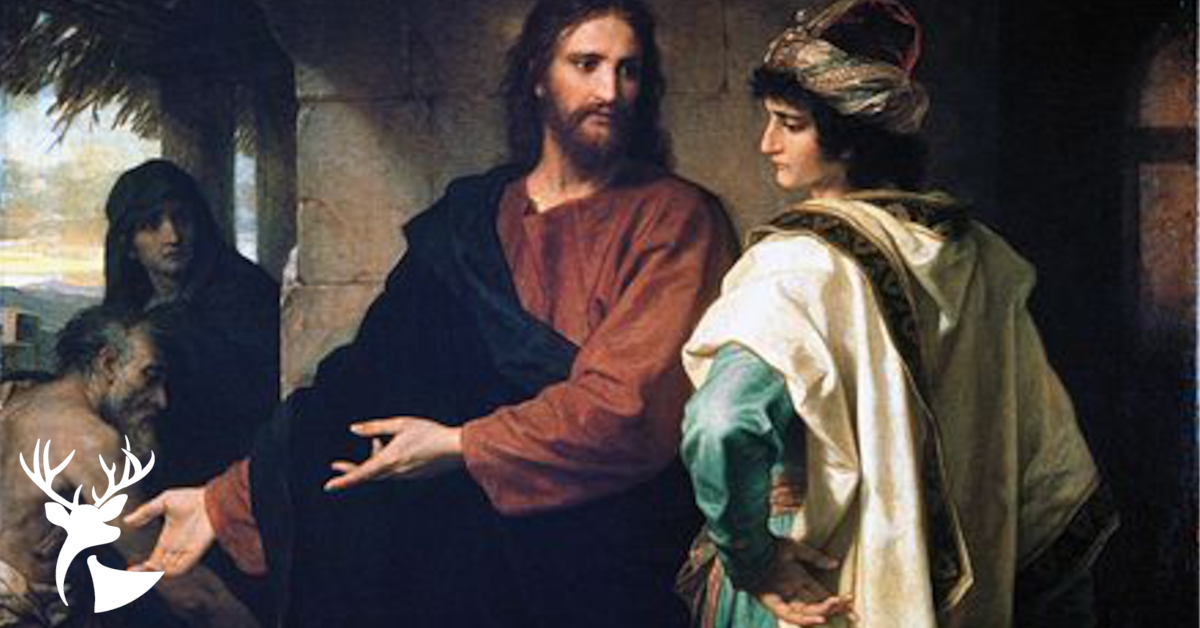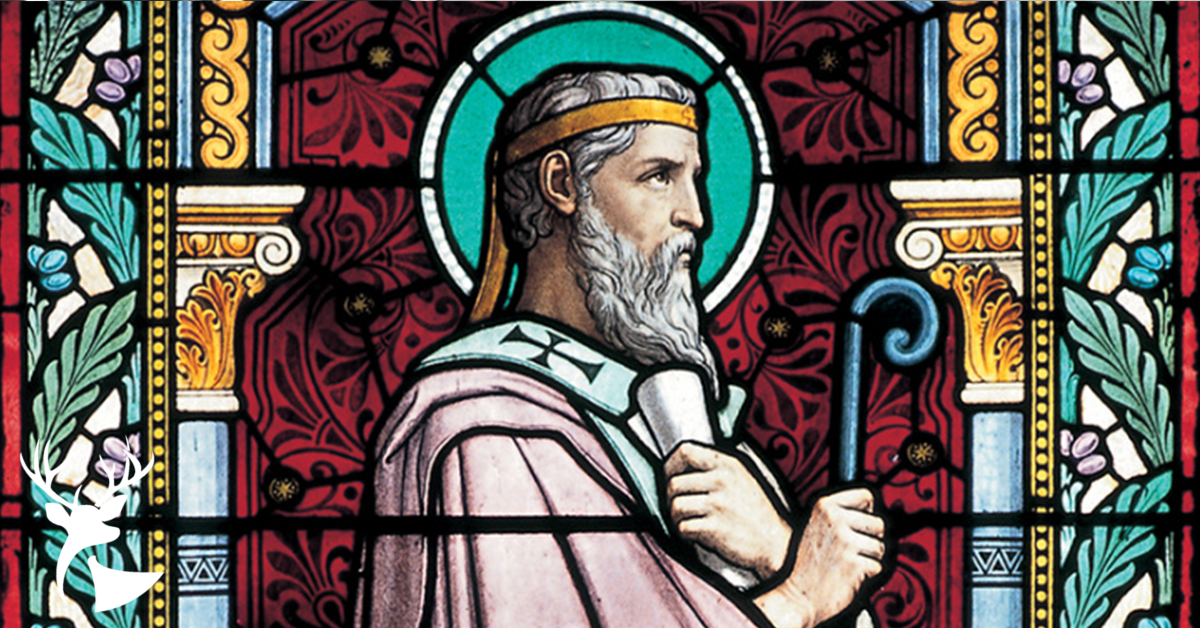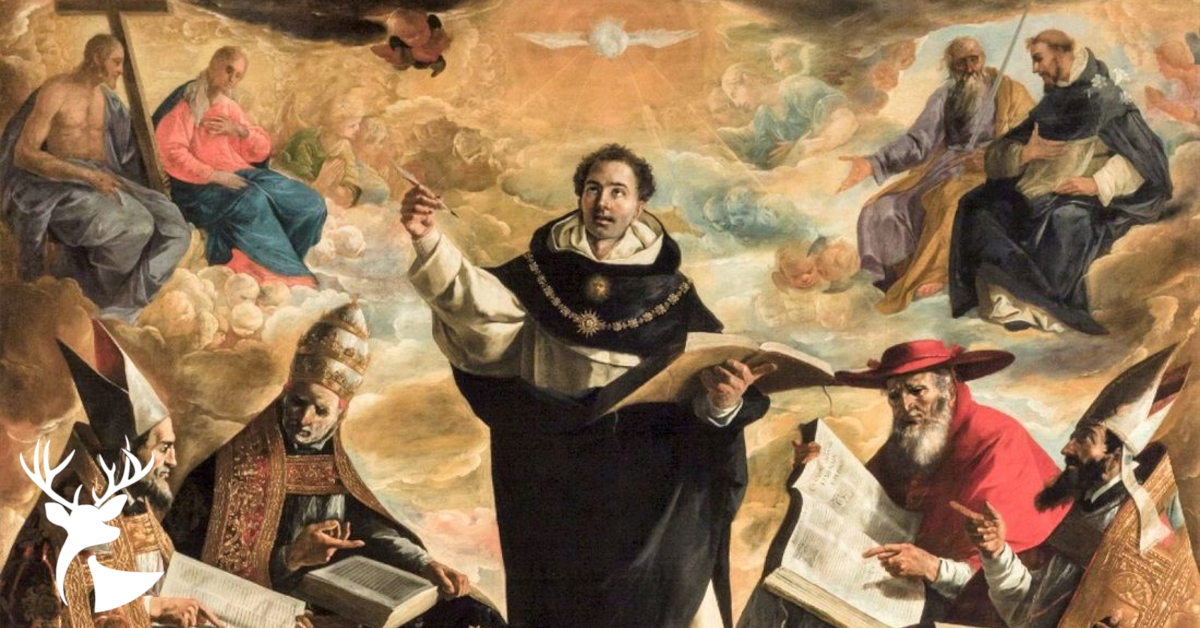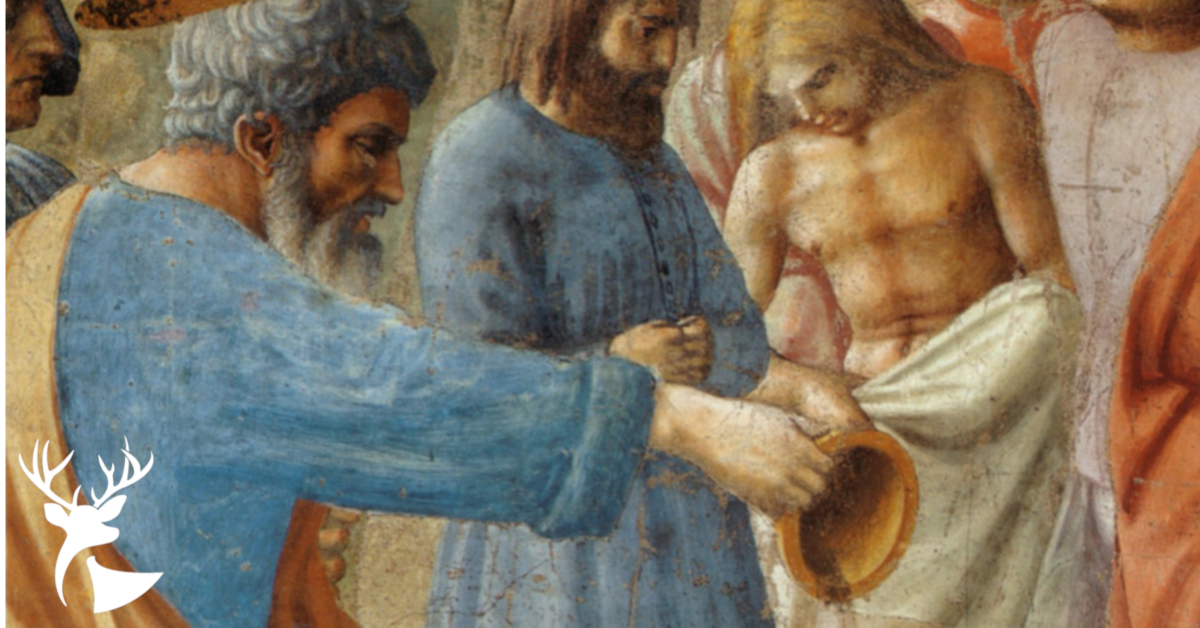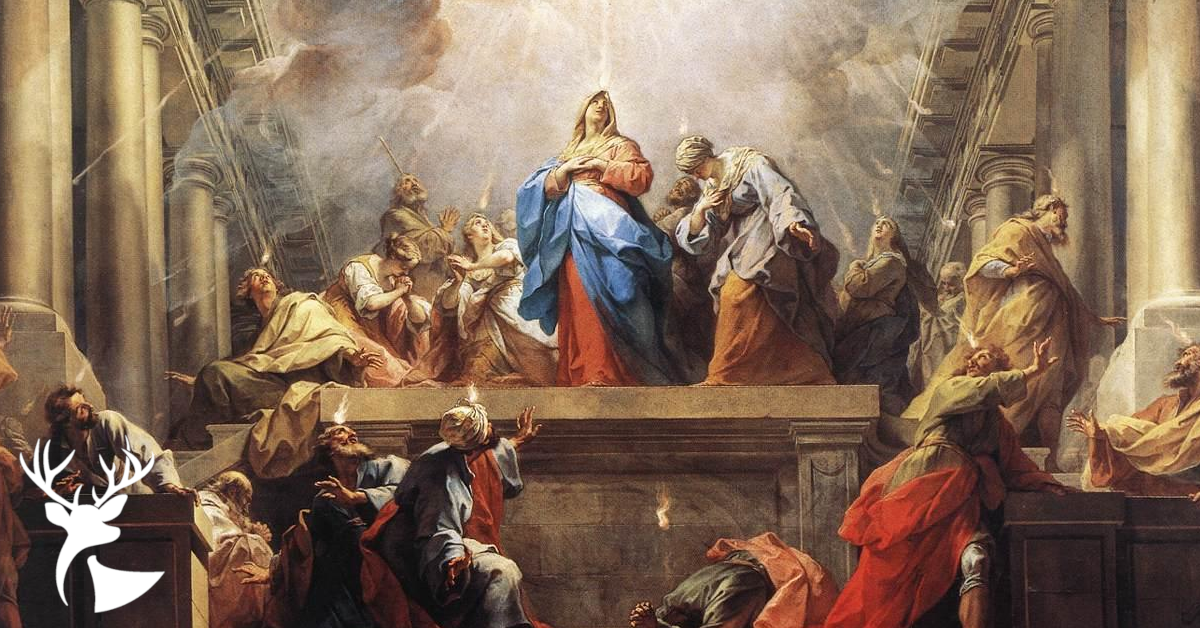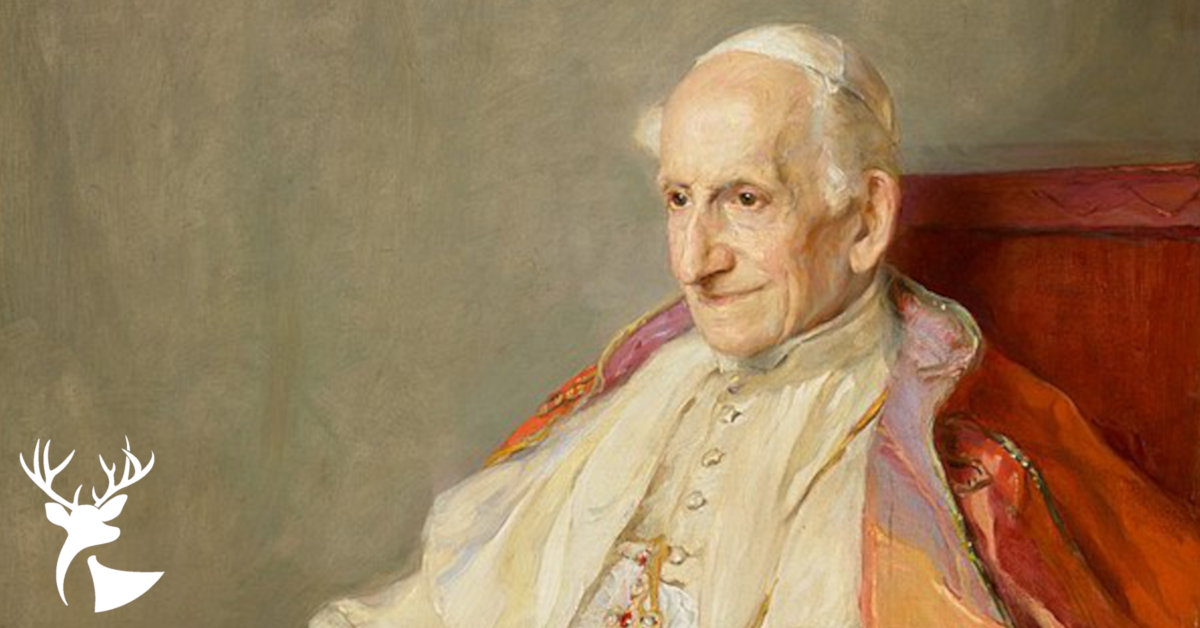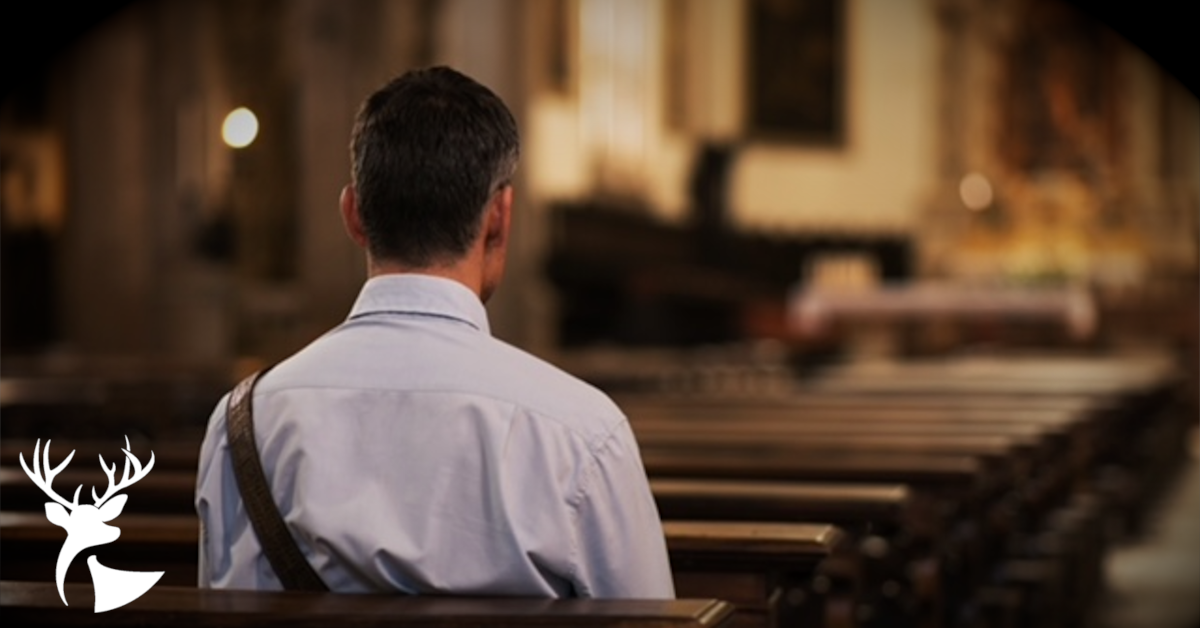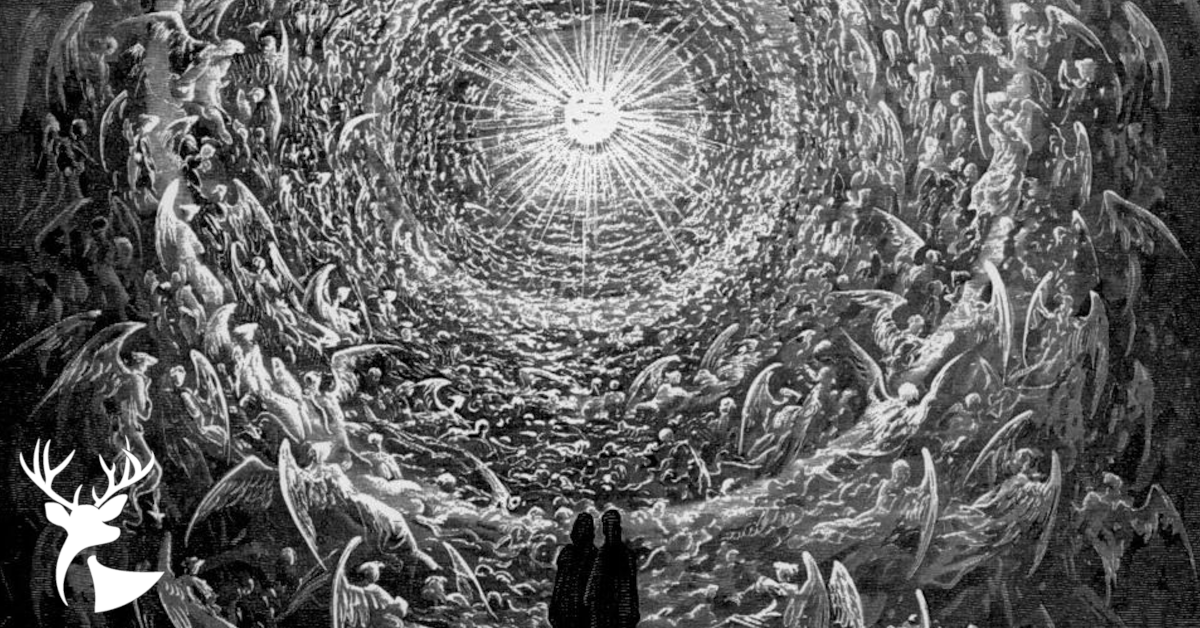
Desire & Happiness: Part 2
By Karlo Broussard | February 15, 2022
“O Lord […] You have made us for Yourself, and our hearts are restless until they rest in You.”
—St. Augustine
Confessions, I.i.1
← Return to Musings

Desire & Happiness: Part 2
By Karlo Broussard | February 15, 2022
“O Lord […] You have made us for Yourself, and our hearts are restless until they rest in You.”
—St. Augustine
Confessions, I.i.1
In a previous musing, I stated that the quest for happiness is the quest to discover the goods that really perfect us as human beings and posed the question, ‘What are those goods?’ The short answer to this question is the ends to which nature directs our innate human powers—the things that our human powers are made for. For example, the powers of our animality are by nature ordained to acquire those things that secure our bodily wellbeing—food, drink, shelter, clothing, etc. (material goods), and when we acquire such things, they bring about a real kind of happiness.
The powers of our soul are by nature directed to acquiring that which constitutes our spiritual wellbeing. Our intellect is made to know truth. Truth, therefore, is a good the possession of which constitutes a real kind of happiness. Willing the good for others and for ourselves is in itself a good, and thus perfective of our nature, since the pursuit of the good is the very purpose of our will. From this purpose of the will follows the ordination of our nature to love, friendship, and social living (Thomas Aquinas, Summa Theologiae I-II, q. 4, a. 8.)
The goods mentioned above all give legitimate or real happiness. But the happiness that these goods give can never be complete or perfect, at least for some when found in a limited way (e.g., truth). The reason is because they are goods that in principle will leave us desiring more. As Thomas Aquinas teaches, man can’t be perfectly happy “so long as something remains for him to desire and seek” (ST I-II, q. 3, a. 8, resp.).
Food and drink, obviously, never completely satisfy. Even material goods that we acquire for shelter and comfort (e.g., house, car, clothing, etc.) do not completely satisfy. First, there is always something bigger and better that we desire. Second, such goods are only sought for the sake of doing other things that belong to the higher part of our human nature: pursuing education, succeeding at our jobs, supporting self and family, pursuing friendships and relationships, etc. Also, there is always the looming threat of having such goods taken away from us (e.g., theft, natural disaster, financial hardship, death, etc.).
Given that such goods cannot completely or perfectly satisfy, the question becomes, “Is there a good the possession of which would never leave us seeking more—a good that does not leave something remaining to be desired or sought?” It would have to be a good such that there is no good greater than it. No such good can be a creaturely good because all creaturely goods are limited. For whatever good we consider pursuing, there will always be a good higher or better than it to pursue. The only good that fits the bill is infinite good, which is God. Therefore, in the words of Aquinas, “God alone constitutes man’s happiness” (ST I-II, q. 2, a. 8, resp.). St. Augustine was right: “Our hearts are restless [O Lord] until they rest thee.” (Augustine, Confessions, I.1.1)
More Reading

Karlo Broussard is a Catholic Apologist, speaker, and writer, known best for his work with Catholic Answers and personal work at karlobroussard.com


